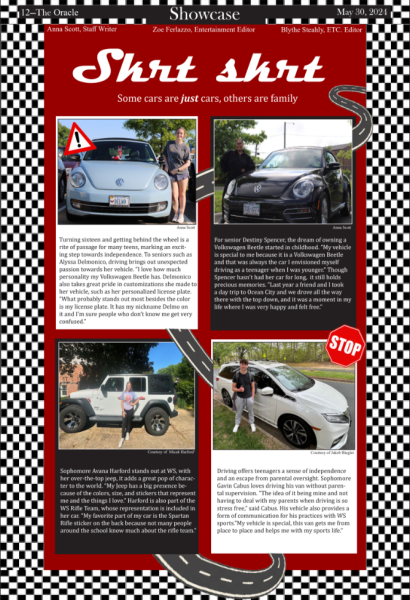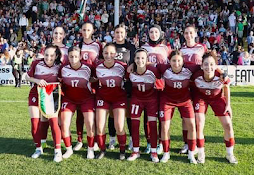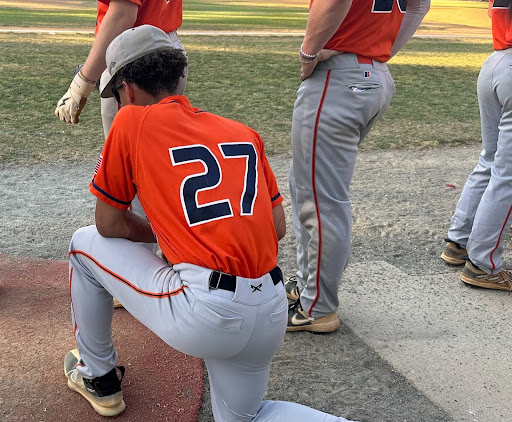Tremors across the pond
Syrian and Turkish families are still recovering from the 7.8-magnitude earthquake that ravaged thousands of buildings and displaced millions of people. The fallout of the Kahramanmaraş Earthquake and the following aftershocks is distressing dozens of families in the WS area, many of which have family and friends in the quake zone.
David Babb, a junior, grew up in Türkiye near the earthquake zone. Babb spent his years in the Turkish city of Adana, the home of the U.S. consulate that allows Turks and Syrians from the area to enter the States. Refugees of the Syrian civil war often go through Adana on their way to the DMV area.
“Türkiye is a beautiful country. My favorite memory I’d have to say was my trip to Cappadocia. They have houses carved into the stone that are thousands of years old and it overlooks the Euphrates river,” stated Babb.
Türkiye is home to many resplendent landscapes but it is also strategically important to the United States and NATO for its position on the Mediterranean and Black Seas, as well as its proximity to Russia. This gives way for U.S. military relations in the country.
“I stayed at Incirlik Air Base, a joint base between the Turkish and U.S. air forces. It is one of the only bases where both countries have full control. There was a lot of mixing between the two cultures,” Babb says about his old home.
At the outbreak of the disaster, airmen at Incirlik sprang into action to assist the surrounding areas. Meanwhile, families all over the world rushed to contact their loved ones in Türkiye and Syria.
“When we heard the news, we were worried. My mother called her friends in Türkiye and they are okay, even our apartment is still safe and standing,” Babb related.
Just 100 miles East of Adana lies Gaziantep, the largest city in the area and home to over 1.7 million residents. Comparable to the Philadelphia metropolitan area in size, most of the population is composed of native Turks, but the impact of the Syrian civil war is still being felt.
“That whole area was where they housed Syrian refugees,” told Babb. “Even though it’s a Turkish city, the Syrians are feeling some of the greatest impact.”
The Syrian refugees have no permanent home, and the disaster is leaving Turks and Syrians alike without heat in the freezing nights of Southeastern Anatolia. Compounding the over 2 million displaced residents, many of the buildings were never insured for an earthquake such as this. The government encourages its citizens to pay for the insurance, but this is not always enforced.
“People are not legally required to have their buildings insured for earthquakes, a lot of people just do not have it and were hoping it just wouldn’t happen,” Babb revealed. “Now there is no money for a lot of the victims to recover financially.”
This is not to say that there is no hope for those in this disaster. The Turkish people are still working to house and rescue survivors. Though the response has been largely criticized by the citizenry and other nations for its timeliness, it is being carried out. In addition, the United States among other countries has sent search parties, supplies, and money to the Turkish government.
“They need the help, and hopefully our care packages can rebuild our relationship with Türkiye, it’s been shaky,” Babb said hopefully.
Türkiye is the cornerstone, literally, of NATO and is an important ally of the United States. Though the relationship is important and maintained, there is a sense of anonymity on both sides. Arrests of Americans and the involvement of the Turkish military in Northern Syria has bothered the United States, Türkiye similarly is disgruntled at Washington for harboring Fethullah Gülen. Gülen is blamed for the 2016 coup that killed over 250 citizens.
Dspite tensions, this disaster creates an opportunity for the two nations to build a bond that both sides ultimately desire. If you wish to donate to Syrian and Turkish refugees, be sure to check the quality and reputation of the organization so that your money safely benefits the affected people.
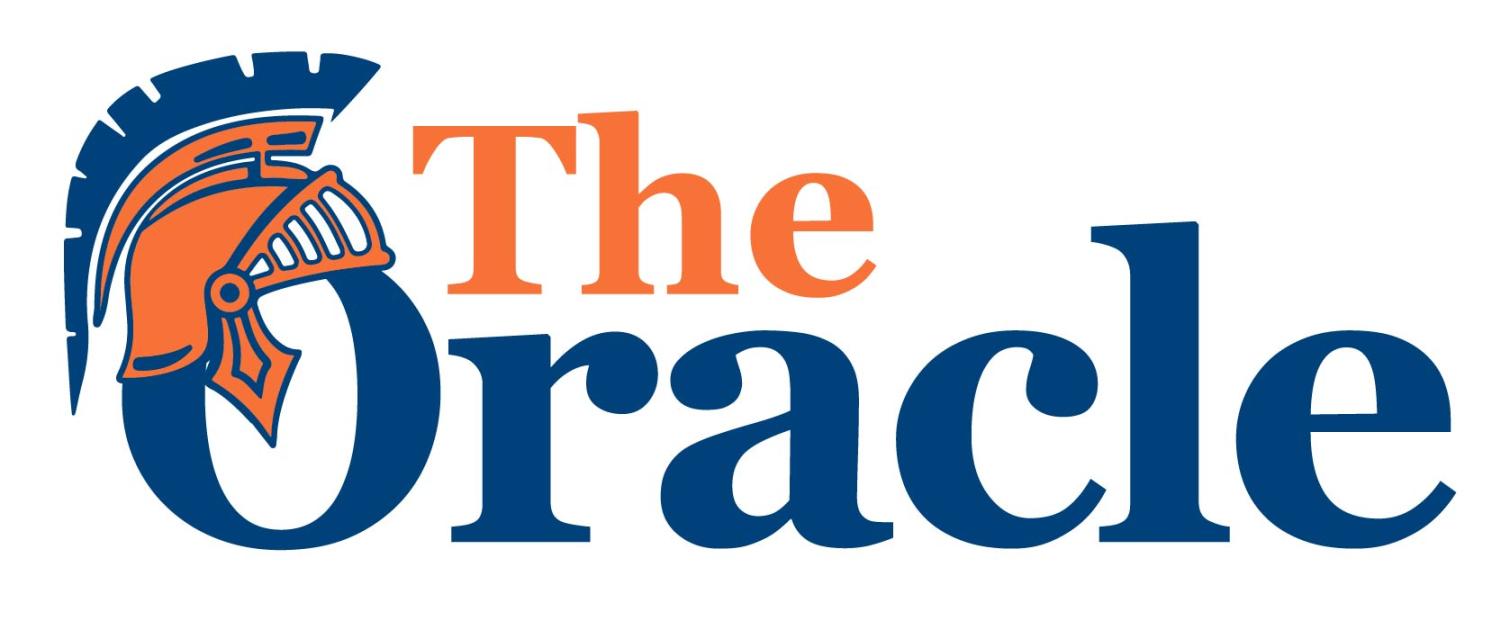

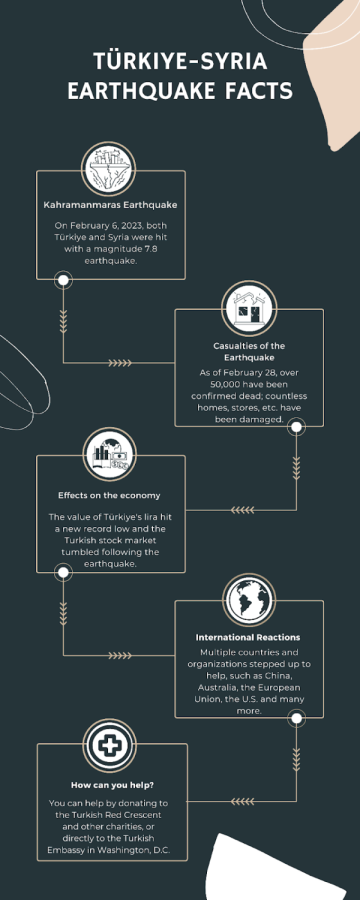
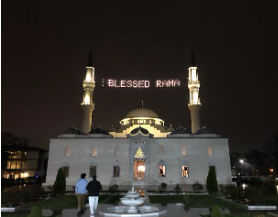
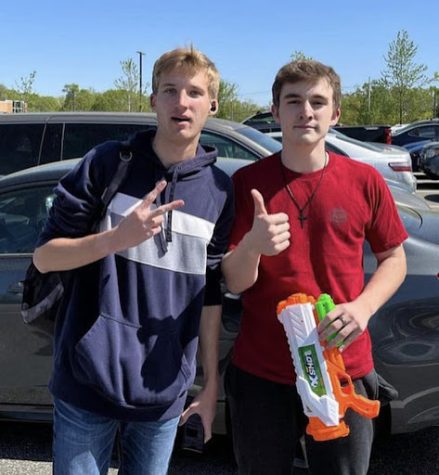
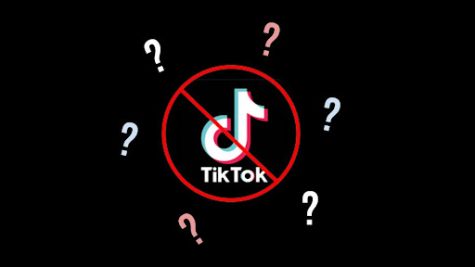
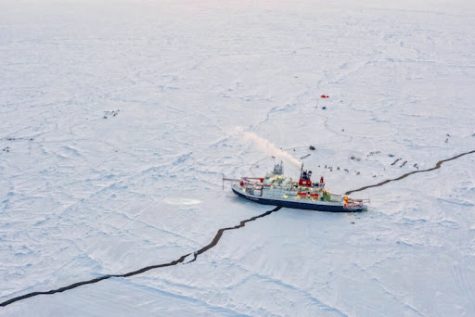
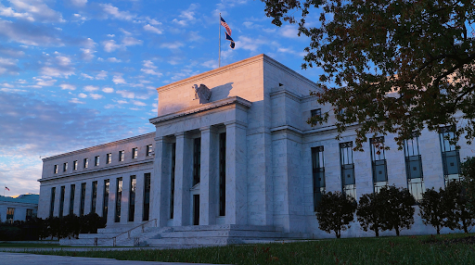
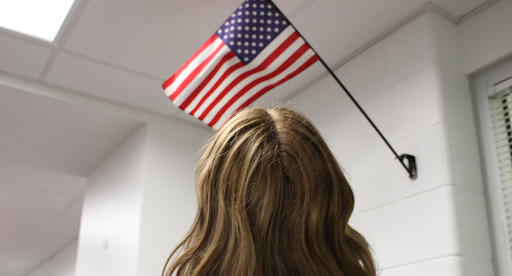

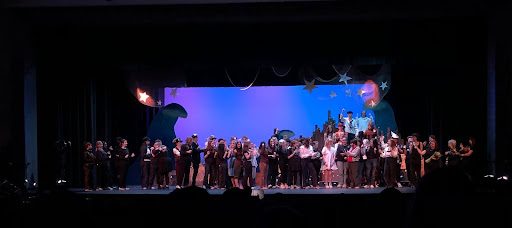

![According to the FCPS Restorative Justice Brochure, restorative justice comes with seven primary goals. Part of building the welcoming community comes through the class circle process. “It’s voluntary and everything that is said there is confidential,” said counselor Monica Hayes. “It’s the beginning of those [strong] relationships [in the community].”](https://theoracleonline.org/wp-content/uploads/2024/04/unnamed-28.png)
